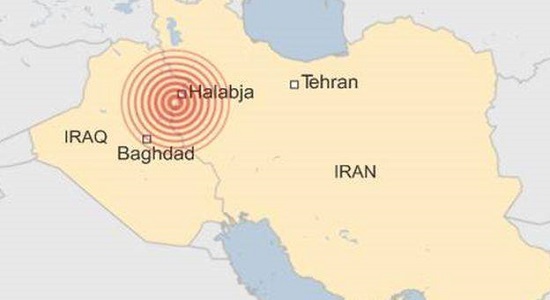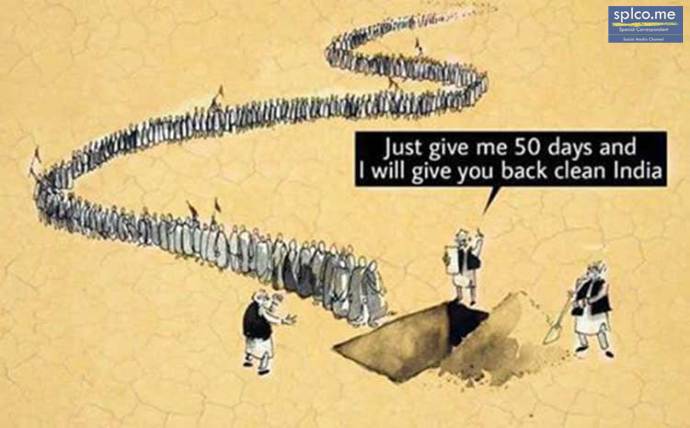A 7.3-magnitude earthquake sparked panic, with fears of aftershocks sending residents out into the streets. The quake hit 19 miles (30km) southwest of Halabja, near the northeastern border with Iran, the US Geological Survey (USGS) said.

The occurred at a depth of 33.9 km (21 miles), and tremors were felt in Turkey, Israel and Kuwait. Iran sits across major fault lines and is prone to frequent earthquakes.
This quake has rattled the northern border region between Iran and Iraq, killing more than 135 people and injuring hundreds more.
At least 129 people died in western Iran's Kermanshah province, officials told state media. Six more were reported dead in Iraq. The death toll is likely to rise.
Mosques in the Iraqi capital Baghdad have been broadcasting prayers through loudspeakers. Most of the victims were in the town of Sarpol-e Zahab, about 15km (10 miles) from the border, Iran's emergency services chief, Pir Hossein Koolivand was quoted as saying on Iranian state television channel IRINN.
The town's main hospital was severely damaged, leaving it struggling to treat hundreds of wounded, state TV reported.
Damage was reported in at least eight villages, the head of Iran's Red Crescent Organisation, Morteza Salim, told the channel.
"Some other villages have suffered power cuts and their telecommunications system has also been disturbed," he said.
On the Iraqi side, the most extensive damage was in the town of Darbandikhan, 75km (47 miles) east of the city of Sulaimaniyah in the Kurdistan Region.
"The situation there is very critical," Kurdish Health Minister Rekawt Hama Rasheed told Reuters news agency.














